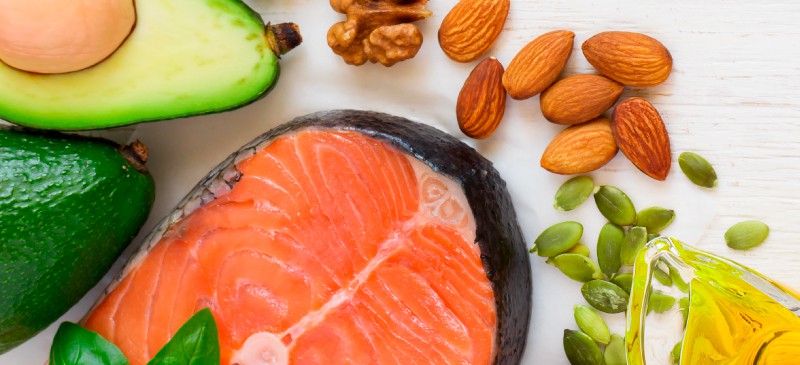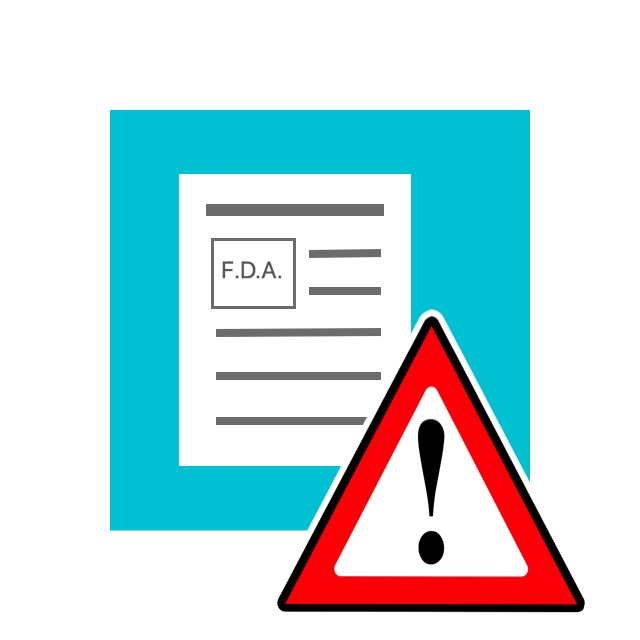Allergy News
Read about all the latest research and advancements going on in the food allergy community.
Monday, September 25th 2023
Maternal Omega3 Supplementation Reduces Food Allergy Risk in Infants
by Daily
Maternal supplementation with omega-3 fatty acids, known for their health benefits, has shown promise in reducing the risk of food allergies in infants, according to a recent study published in The Journal of Allergy and Clinical Immunology: In Practice by Huynh LBP and colleagues. Here are the key findings:
READ ARTICLE HIDE ARTICLE
Maternal supplementation with omega-3 fatty acids, known for their health benefits, has shown promise in reducing the risk of food allergies in infants, according to a recent study published in The Journal of Allergy and Clinical Immunology: In Practice by Huynh LBP and colleagues. Here are the key findings:
● Impact of Maternal Omega-3 Supplementation: Maternal consumption of omega-3 polyunsaturated fatty acids (PUFA) during pregnancy and lactation significantly reduced the risk of egg sensitization (RR = 0.58) and peanut sensitization (RR = 0.62) in infants.
● No Effect of Infant Supplementation: Interestingly, supplementing infants with omega-3 PUFA did not demonstrate a protective effect against food allergies.
● Differential Effects Over Time: The study observed distinct effects of maternal omega-3 supplementation during different periods. It was associated with a reduced risk of food allergies during the early years of a child's life but not during the later period.
● Specific Nut Allergy Effects: The protective effects of maternal omega-3 supplementation were inconsistent for egg sensitization but consistent for peanut sensitization, benefiting both the early and late periods.
● Cow's Milk and Cashew Nut Sensitization: Omega-3 supplementation during pregnancy and lactation showed sensitization effects on cow's milk during the early period but reduced the risk of cashew nut sensitization during the late period.
● No Impact on Food Allergy Status: Omega-3 PUFA supplementation in infants did not result in significant changes in food allergy status, including egg and peanut sensitization.
● Dose-Response Relationship: Higher doses of maternal omega-3 supplementation were associated with a lower risk of infant egg sensitization during the early period. Every 100 mg per day increase in supplementation led to a 3.2% decrease in the risk of egg sensitization.
These findings suggest that maternal omega-3 supplementation may play a protective role in reducing the risk of food allergies in infants, particularly for egg and peanut sensitization. However, further research is needed to explore optimal doses, durations, and potential influencing factors such as the gut microbiome and timing of food introductions.
Reference:
Huynh LBP, et al. J Allergy Clin Immunol Pract. 2023;doi:10.1016/j.jaip.2023.06.005.
Learn More from Daily
Have an opinion on this news article?






